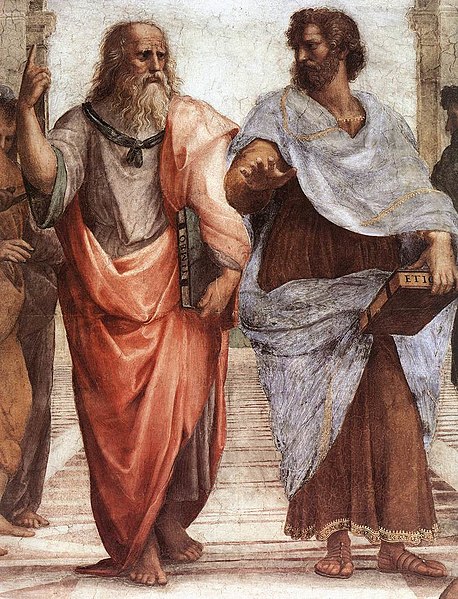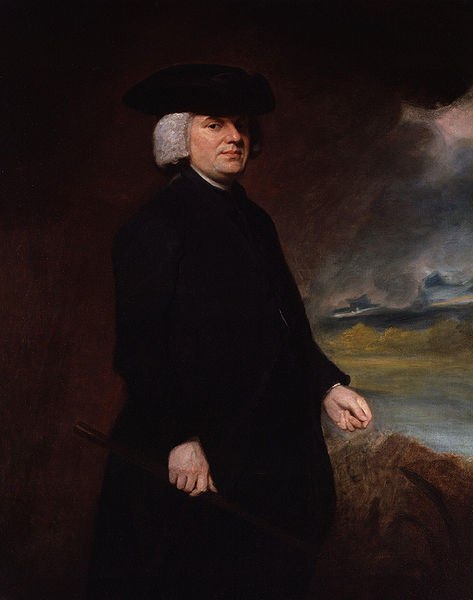A cosmological argument, in natural theology, is an argument which claims that the existence of God can be inferred from facts concerning causation, explanation, change, motion, contingency, dependency, or finitude with respect to the universe or some totality of objects. A cosmological argument can also sometimes be referred to as an argument from universal causation, an argument from first cause, the causal argument, or the prime mover argument. Whichever term is employed, there are two basic variants of the argument, each with subtle yet important distinctions: in esse (essentiality), and in fieri (becoming).
Plato and Aristotle, depicted here in Raphael's The School of Athens, both developed first cause arguments.
Natural theology, once also termed physico-theology, is a type of theology that seeks to provide arguments for theological topics based on reason and the discoveries of science, the project of arguing for the existence of God on the basis of observed natural facts, and through natural phenomena viewed as divine, or complexities of nature seen as evidence of a divine plan or Will of God, which includes nature itself.
William Paley, author of Natural Theology


